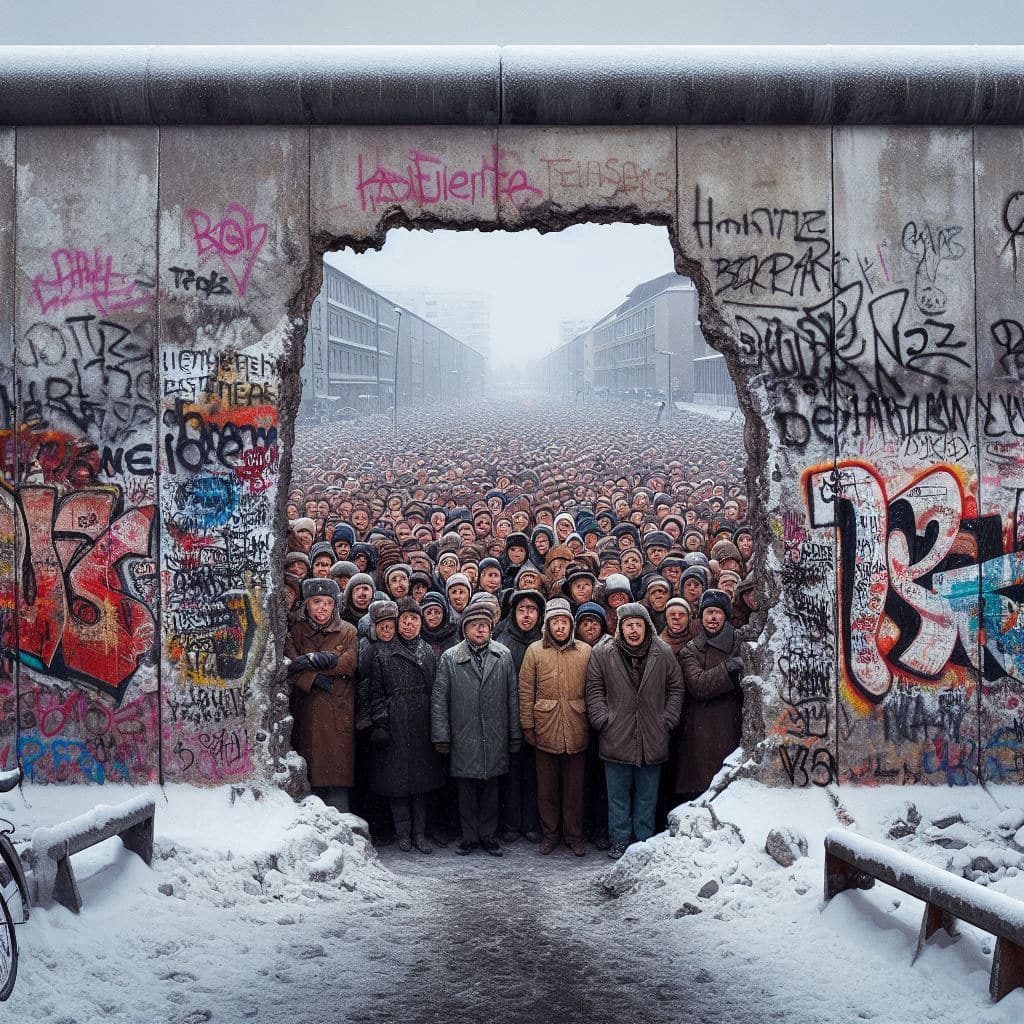How the New Economics Foundation would build the Big Society
SUGGESTED

The core message of Ten big questions about the big society is: decentralised governance and a greater role for civic organisations are all very well. But before, ‘we’ have to rebuild our economy, and in fact our whole society, from scratch: “Nothing short of a Great Transition to a new economy will do […] This means changing how we live and work, relate to each other, organize our economy and society”.
It is reminiscent of Lenin’s claim that the Soviet state would eventually unwind itself – but only when the foundations of a classless society have been established, which would ‘temporarily’ require an infinitely greater concentration of power in the hands of the state.
The NEF, too, wants to devolve power eventually. But first, ‘we’ have to:
- reallocate income and wealth (“While these inequalities persist, people who have least will benefit least from the transfer of power and responsibility”),
- curtail people’s consumption and re-educate them in an anti-consumerist spirit (“The big society […] must help to loosen our attachment to carbon intensive consumption and give greater value to relationships, pastimes, and places that absorb less money”),
- end economic growth,
- turn back the formal division of labour, and
- erode property rights (“economy with stronger democratic control”).
It just so happens that these ‘preconditions’ for the Big Society coincide with everything the NEF has been advocating for years. Two further oddities are worth pointing out.
The author, Anna Coote, raises the legitimate concern that some people would be better equipped than others to utilise their new freedoms. Some enjoy a lead in terms of “education and income, family circumstances and environment, knowledge, confidence and a sense of self-efficacy, available time and energy, and access to the places where decisions are taken”. Therefore, she wants politicians to create equal starting conditions first.
This is bizarre, because the factors which Coote lists are also the ones which make some groups more successful than others in bending the political process in their favour. Coote demands that “[t]hose with less capacity need help to build up knowledge, skills and confidence, as well as the material means (such as access to information, training, IT, communications media and premises)”. But what, precisely, does this mean? Since the government cannot just hand out cash, office space and free services to anyone who claims to run a civic society organisation, there will be some discretion in prioritising, and some will be better positioned in this process than others.
Secondly, the whole point of devolving power is the recognition that people at the top, even if well-intentioned, can never have complete knowledge of what is relevant on the ground. By implication, this means that a genuine civic society will often come up with unexpected locally-grown solutions.
And yet, Anna Coote already knows exactly how things will be run in the Big Society. She knows, for example, that ‘co-production’ (a form of cooperation with no formal assignment of roles and responsibilities) should be “the standard way of getting things done”, so it must be “[a]pplied across the board and properly supported”. She also knows the ‘proper’ mindset and self-conception which all “[p]rofessionals and others who provide services” should have. But if this is all so crystal-clear, then why have any devolution of power at all?
It doesn’t work out. Foxes shouldn’t keep the geese, and authoritarians shouldn’t write about devolving power.




